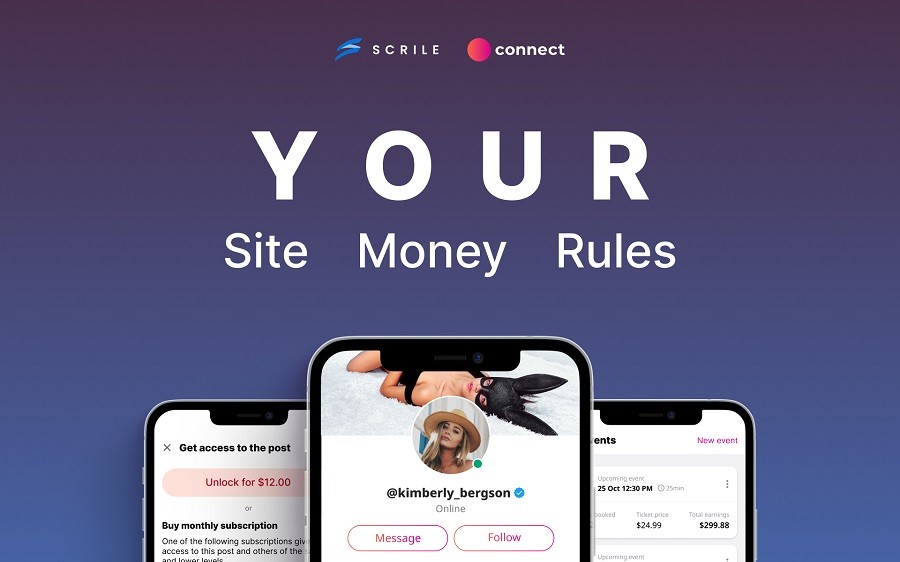Increase Ticket Sales Fast: Tactics 2026
Boosting ticket sales in 2026 isn’t about luck—it’s about clear tactics. From urgency timers and influencer deals to upsells, data-driven testing, and automation, this playbook shows you how to increase ticket sales fast. Explore why Scrile Connect is the smart choice for branded checkouts, affiliate tracking, and long-term growth.

how to increase ticket sales
When you put an event on sale, the clock starts ticking. Most tickets won’t move unless you push. People delay, compare, forget. That hesitation kills revenue.
Organizers who figure out how to increase ticket sales quickly don’t just cover costs — they build momentum. A packed first wave makes the rest easier. You’ve seen it: early bird batches gone in a few hours, everyone rushing before prices climb or seats disappear.
2026 hasn’t made it easier. Competition is fierce, ads cost more, and audiences are drowning in options. But the flipside is clear: those who act fast, create urgency, and remove friction at checkout still fill venues.
What follows isn’t theory. It’s a set of tactics — urgency, proof, influencers, upsells, testing, automation — the levers that turn a hesitant crowd into paying attendees.
Take Stock Before Chasing Sales
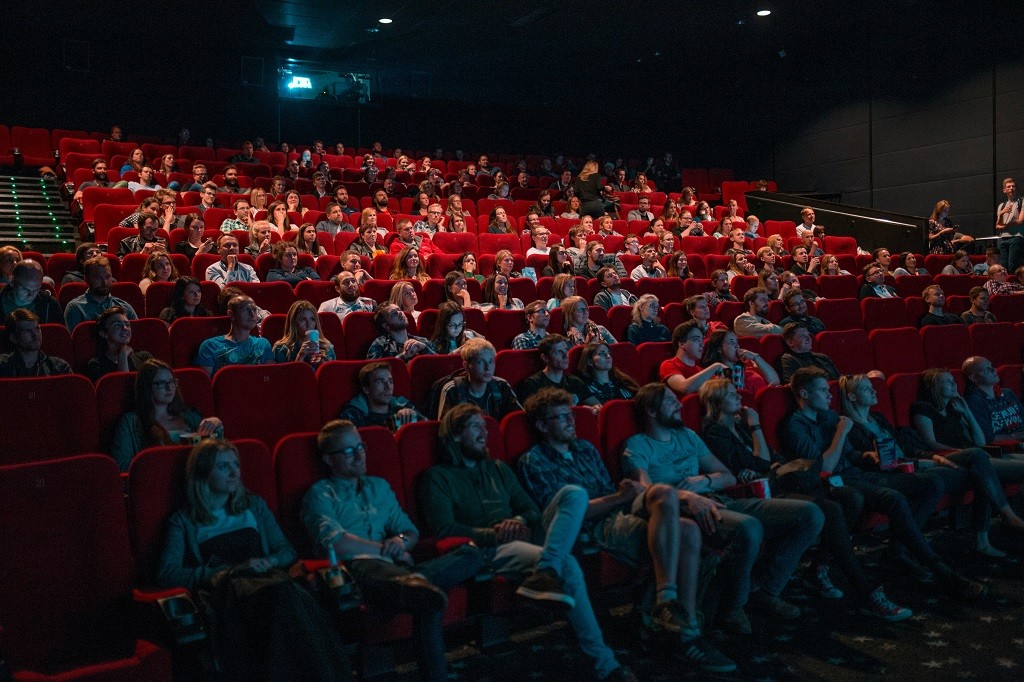
Before you throw money at ads or push promos, check the plumbing. A lot of organizers want more ticket sales but never stop to ask: where are we losing buyers right now? Fixing the leaks usually works faster than chasing new traffic.
Here’s what to look at:
- Track conversion rates by channel. See how many people actually buy after clicking a Facebook ad, opening an email, or landing from Google. If one source bleeds, fix the messaging or the audience before spending more.
- Check abandoned cart stats. If 40% start checkout but never finish, you don’t need more leads — you need a smoother payment flow or clearer value at the final step.
- Test mobile flow vs. desktop. Half your crowd is likely buying from phones. A clunky mobile checkout will quietly destroy sales.
The best way to sell tickets to an event isn’t always about adding flashy marketing tricks. Sometimes it’s tightening what’s already there. A faster page, fewer form fields, or a simpler payment option can boost sales overnight without another dollar spent on promotion.
Creating Urgency and Proof That Converts
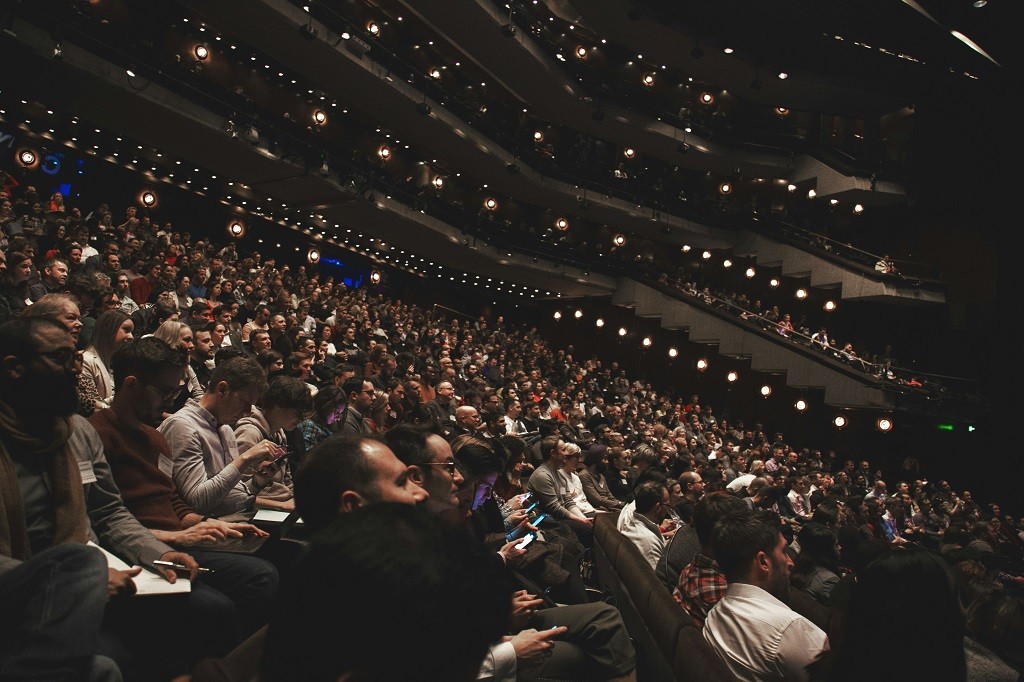
People buy faster when they feel they might miss out. That’s human nature, and it’s why event organizers lean so heavily on scarcity and proof. The trick is to use it honestly and make it feel real, not gimmicky.
Urgency tools that work in practice:
- Countdown timers tied to price tiers. Don’t just say “early bird ends soon.” Put a visible clock on the page so every visitor knows the deal has an expiration date.
- Real-time counters like “Only 12 seats left.” It triggers the same instinct as seeing a line outside a busy restaurant — people assume the event must be worth it.
- Early-bird tiers with deadlines. Instead of one price, create waves: early bird, standard, last call. The step-by-step increase shows buyers they’ll save if they act now.
But urgency alone can feel hollow if no one believes the event is worth it. That’s where social proof comes in. Reviews, video snippets from past attendees, influencer shout-outs, and even screenshots of people posting “Just bought mine!” build trust in ways ads can’t.
Mix the two and you get a powerful loop: urgency nudges people toward faster decisions, and proof reassures them they won’t regret it. When buyers see tickets selling fast, plus real people enjoying your past events, hesitation melts away.
If you’re wondering how to increase ticket sales without endlessly buying ads, this combination is one of the sharpest levers. A ticking clock paired with genuine community buzz can lift conversions immediately, no matter the event size.
Turn Fans Into Sellers: Affiliates and Influencers

Word of mouth has always been the strongest driver of ticket sales. In 2026, it’s gone digital. Instead of waiting for organic chatter, organizers are turning fans, bloggers, and creators into affiliates who sell on their behalf.
The beauty of affiliate programs is the low risk. You’re not paying for clicks or vague exposure — you only pay when someone buys. A 10% affiliate cut is often enough to motivate promoters, especially if the event has buzz or exclusivity attached. Small festivals and workshops have literally doubled their sales by handing loyal attendees a referral link and giving them a slice of every ticket they move.
Influencers: Micro vs. Mega
Choosing the right influencer is less about follower count and more about fit. Micro-influencers with 5,000–20,000 engaged fans can outperform a mega-name if their audience trusts them. On the other hand, a large influencer can deliver reach for launches or prestige events. Many organizers now blend both: micro-influencers for targeted conversions, mega-influencers for visibility.
Common deal formats with influencers:
- Flat fee. Pay upfront for a mention, review, or story. Works best for larger accounts that won’t track every sale.
- Revenue share. Influencer earns a percentage of every ticket sold through their unique link. This keeps incentives aligned and scales well.
- Hybrid deals. A mix of a smaller upfront fee plus commission. This reduces risk for influencers while keeping organizers protected.
Modern affiliate dashboards make this system easy to run. You can track which partner brought which buyer, automate payouts, and even spot which influencer’s followers are spending more. That level of visibility transforms influencer campaigns from guesswork into strategy.
If you’re stuck on how to sell more tickets for an event, the answer may be closer than you think. Turn your early fans into affiliates, equip them with links, and let them share their excitement. The math is simple: every genuine advocate becomes a mini-sales channel, and collectively they move the needle faster than any banner ad could.
Adding VIP Layers and Upsells

Selling out an event is great, but profit doesn’t only come from filling seats. What separates an average organizer from a smart one is the ability to raise average revenue per ticket. If you’ve ever wondered how to increase ticket sales without dramatically growing your audience, upsells and VIP packages are where the magic happens.
Think of the base ticket as a foot in the door. It gets people inside. The upsells are where you expand the experience — and your margins. Many attendees want more than just entry; they want access, convenience, or memories they can’t get elsewhere.
Here are some of the most effective upsell formats in 2026:
- VIP seating or backstage access. Give premium buyers the chance to sit closer, skip lines, or meet performers. A relatively small group will gladly pay extra for that exclusivity.
- Merch bundles. Bundle in branded T-shirts, signed posters, or exclusive items. People are already in a buying mindset; merch just multiplies revenue.
- Food and drink credits. Prepaid bar or meal vouchers not only add value but also reduce the need for cash handling on site.
- Digital extras. Offer recordings, behind-the-scenes footage, or even private online meet-and-greets. These add-ons scale well because they don’t depend on physical inventory.
Upsells also make your pricing ladder more logical. A $30 general ticket looks like a bargain when it sits next to a $90 VIP package. That anchoring effect can even push more people toward mid-tier bundles, lifting total revenue.
The beauty is that upsells don’t require new audiences or massive ad spend. They let you squeeze more value from the fans you already have. That’s why any serious ticketing strategy in 2026 includes a mix of entry-level pricing and high-margin extras layered on top.
Data-Driven Decisions: A/B Testing in Action
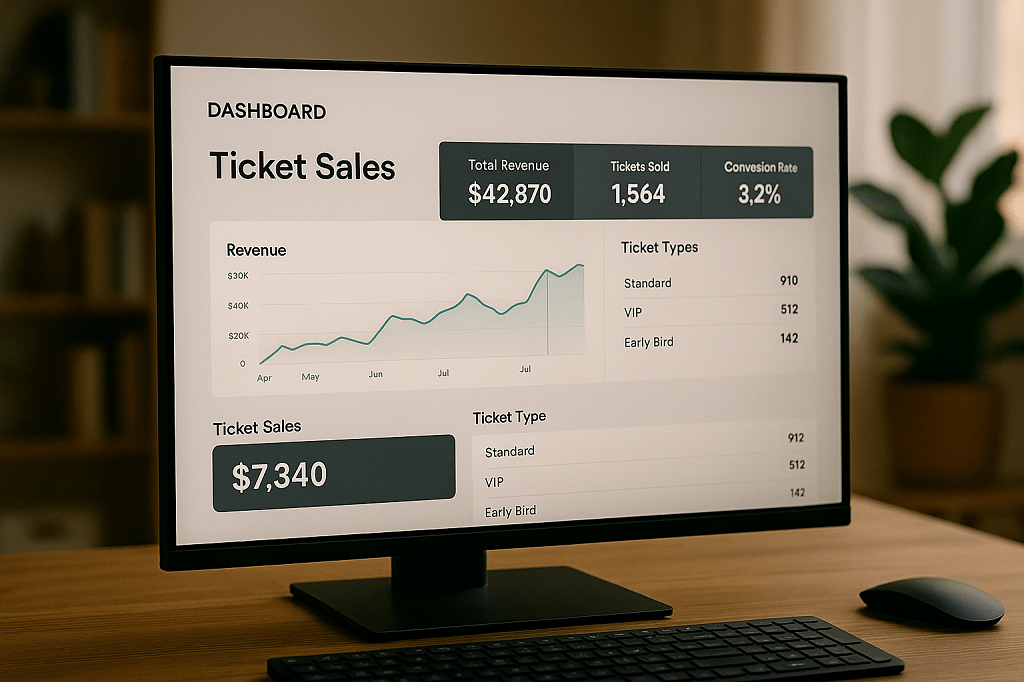
Relying on gut feelings to sell tickets is a gamble. The organizers pulling ahead in 2026 are the ones who let numbers, not hunches, guide the strategy. A/B testing — running small experiments and comparing results — is the fastest way to learn how to increase ticket sales without wasting budgets.
What should you test? Start with the areas where even small improvements create noticeable lifts in revenue:
- Subject lines in ticket emails. A sharper subject line can boost open rates and drive more clicks straight to checkout.
- Landing page designs. Different layouts, images, or button placements can mean the difference between a casual visitor and a confirmed buyer.
- Ad creative and CTA copy. The words and visuals people see on social media can raise or sink your click-through rate.
- Pricing tiers. Offering two options vs. three, or adjusting anchor pricing, helps you find the sweet spot for conversion.
Here’s a quick snapshot of common test areas and the kinds of results marketers report:
| What to Test | Typical Win Rates |
| Subject line tweaks | +15% opens, +5% clicks |
| CTA button text/color | +10% conversions |
| Landing page layout | +8–12% sales lift |
| Pricing tier structures | +20% ARPU growth |
The trick is not to overhaul everything at once. Pick one element, split traffic, and run the test until you’ve got statistically reliable results. Then lock in the winner and move to the next experiment.
Organizers who adopt this test-and-learn rhythm don’t just sell out events — they sell smarter every time. Over a season, these incremental lifts compound into serious revenue growth.
Scaling With Automation and Smart Tools
You can’t push serious numbers if you’re stuck chasing invoices or copying spreadsheets. Manual tracking slows campaigns, creates errors, and caps your growth. If the goal is how to increase ticket sales in a sustainable way, automation is no longer optional.
Modern tools take the heavy lifting off your plate by covering the essentials:
- Automated billing & reminders so attendees never miss a payment and you don’t spend hours chasing them down.
- Affiliate tracking dashboards that show who drove which sales, how much commission is owed, and where to double down.
- Customizable checkout flows designed for your brand, letting you upsell, cross-sell, or collect extra data without friction.
- Multi-currency payments so you can accept buyers from anywhere without headaches over conversions or failed cards.
When all of this runs in the background, your team is free to focus on selling experiences, not managing spreadsheets. The leap from 500 tickets to 5,000 often comes down to whether you’ve embraced these systems.
But even the best off-the-shelf apps have ceilings. As you scale, the lack of control over branding, features, and integrations becomes more obvious. That’s the moment to start thinking beyond generic SaaS and look at tailor-made builds designed around your workflow. And that’s where the real growth story begins.
Scrile Connect: Designed for Growth
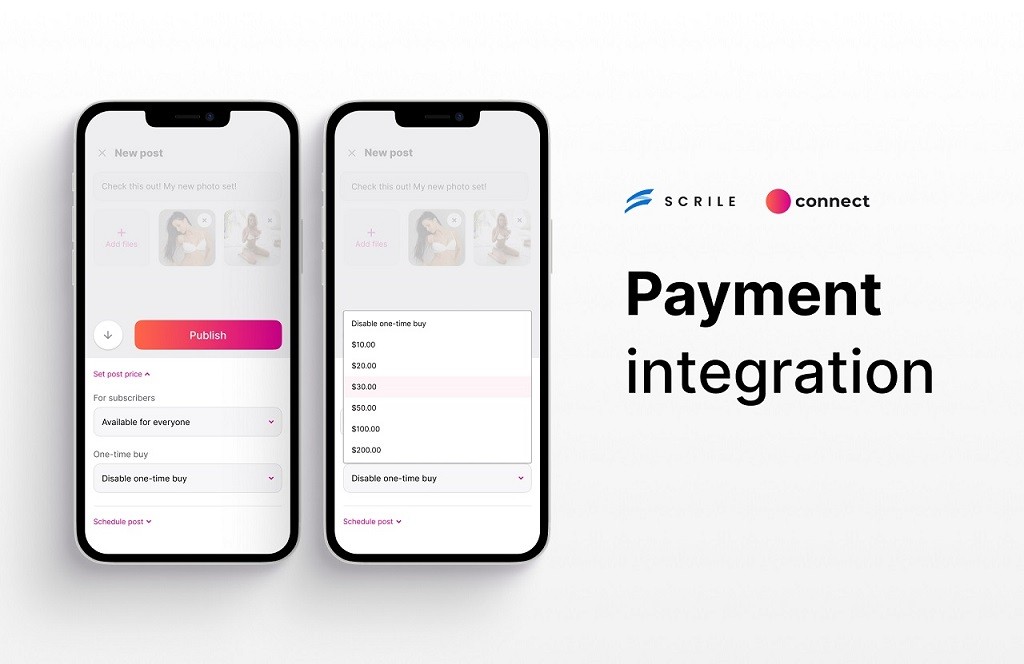
Most ticketing tools promise quick setup, but they keep your brand locked inside someone else’s box. Scrile Connect takes a different path. It’s not just another event app—it’s a development service that builds a system around your business model. If you’re serious about figuring out how to increase ticket sales at scale, the difference lies in owning the process end to end.
Why Scrile Connect Stands Out
- White-label branding that feels truly yours. Every ticket buyer interacts with your logo, your domain, and your colors—never a third-party watermark or redirect. It keeps trust and recognition exactly where it belongs.
- Instant checkout designed for conversions. Instead of sending buyers through clunky, multi-step gateways, payments happen directly on your site. Faster checkout equals fewer abandoned carts.
- Affiliate tracking baked into the system. Manage influencers and partners in one dashboard, with real-time data on who drove sales and how much they earned. No more spreadsheets or third-party hacks.
- Payment flexibility built for global audiences. Credit cards, PayPal, crypto, or local gateways—buyers pay the way they want, so you never lose sales at checkout.
- Upsell engine that raises ticket value. Offer merch bundles, backstage passes, digital recordings, or VIP meet-and-greets—all presented at checkout to maximize margins.
- Analytics dashboard that speaks in real time. See ticket revenue, abandoned carts, and even A/B test results in one view, making decisions based on hard numbers instead of guesswork.
- Adaptable across industries. From music festivals to business conferences, fitness workshops to niche community events—Scrile Connect builds workflows that fit your format.
This isn’t plug-and-play software where you adapt to someone else’s limits. Scrile Connect is built around your revenue goals, helping you scale beyond the first wave of sales. With control over branding, payments, and affiliate ecosystems, you get more than a ticketing tool—you get infrastructure designed for growth.
Conclusion
Event organizers often search for quick wins, but the real breakthroughs come from structured tactics. Scarcity creates momentum, affiliates widen reach, upsells boost margins, and A/B testing keeps campaigns sharp. Automation ties it all together. Knowing how to increase ticket sales in 2026 means treating the process as a system, not a gamble. Scrile Connect gives you the tools and flexibility to put that system under your own brand. Contact the Scrile Connect team today to explore a tailored solution that fits your audience, your goals, and the scale you’re aiming for.
FAQ
How do I encourage customers to buy a ticket?
People commit faster when the process feels smooth. Use a clean checkout, offer multiple payment options, and provide flexible ticket tiers. Add social proof with reviews or influencer shout-outs, and reward loyalty with perks for returning buyers.
What is the best way to sell a ticket?
Marketplaces like StubHub or Eventbrite work for reach, but they take fees and dilute your brand. The stronger path is direct sales under your own logo with tools such as Scrile Connect, which keeps revenue and audience data in your hands.
How to increase event sales?
Go beyond one channel. Run targeted digital ads, optimize for search, and work with influencers who fit your niche. Pair that with client testimonials for trust and A/B testing for sharper campaigns. This mix consistently fuels sustainable growth.
Read also
| Article | Why it’s worth reading |
|---|---|
| Virtual Tickets Guide: Monetise Events 2026 | If you’re already working with online events, this guide helps you structure virtual ticket types, access rules, and delivery flows so you don’t lose money on tech or logistics. |
| Virtual Event Pricing Strategy 2026 | If you’re unsure how much to charge, this piece explains pricing models, tiers, and discounts for virtual events so you can maximise revenue without scaring away your audience. |
| Sell Event Tickets Online: Playbook 2026 | After you’ve set prices, you need a clear funnel: this guide walks through the full journey from landing page to checkout and helps you remove friction points that kill conversions. |
| Best Event Ticketing Software 2026 Review | When you understand strategy, the next step is tools: here you can compare ticketing platforms and choose software that supports your pricing, upsells, and access control logic. |
